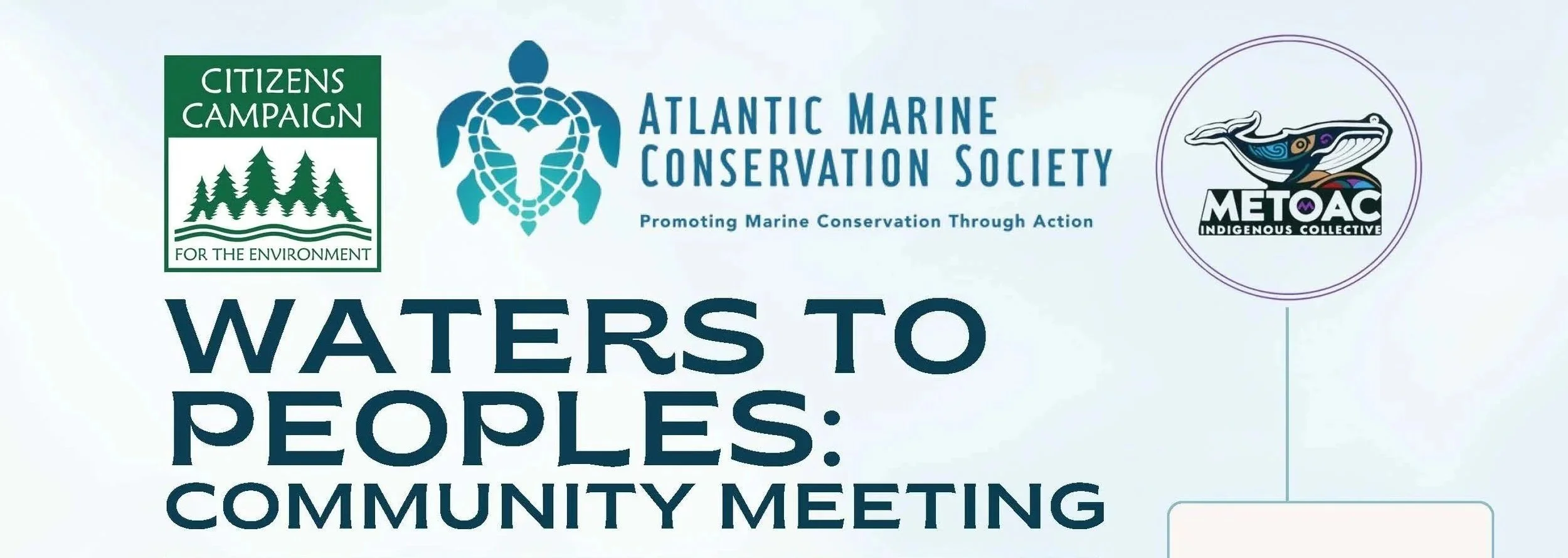NEW YORK — Environmental advocates are rejoicing after news that Governor Kathy Hochul has signed the Horseshoe Crab Protection Act, which will phase out harvesting horseshoe crabs from New York waters.
The Horseshoe Crab Protection Act prohibits the taking of horseshoe crabs from state waters for commercial and biomedical uses, environmental advocates said.


